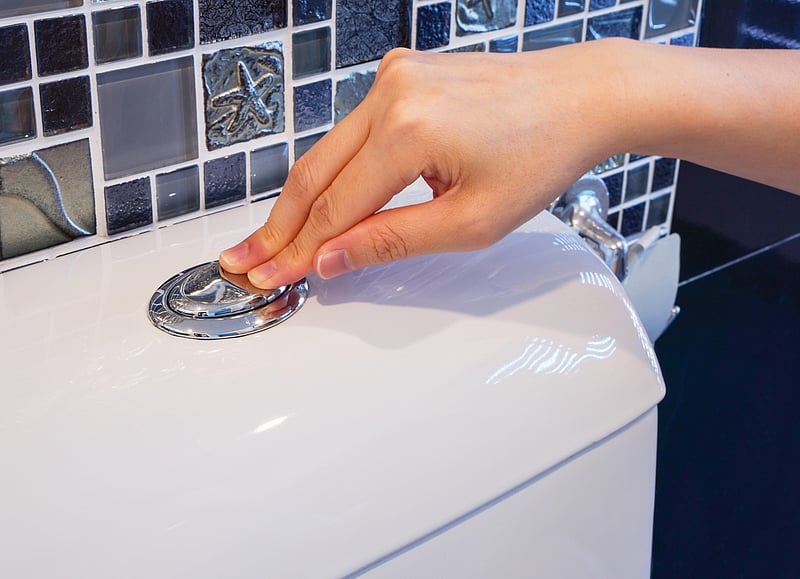Get Healthy!

- Posted February 11, 2022
What You Need to Know About Urinary Incontinence
Everyone has had a case of the squirms at some point in their life, fighting the need to urinate as a full bladder presses them to let it all go.
But for some, that need occurs far too often. Or, even worse, they go accidentally when they sneeze or laugh.
"Incontinence has been shown in multiple validated studies to severely affect someone's quality of life," said Dr. Konstantin Walmsley, a urologist at Hackensack Meridian Mountainside Medical Center, in Montclair, N.J. "These patients often avoid social gatherings, have a higher likelihood of urinary tract infections and genital skin irritation, and have a higher likelihood of clinical depression."
There are two main types of urinary incontinence, Walmsley said - urgency incontinence and stress incontinence.
Urgency incontinence involves an overactive bladder. Sufferers tend to go more than eight times a day, and often wake at night to relieve themselves.
"About two-thirds of men with an enlarged prostate will have symptoms of overactive bladder and occasionally will have urgency urinary incontinence," Walmsley said.
He added that the problem "is also seen in patients with underlying neurological disorders such as stroke or Parkinson's disease. However, the vast majority of patients with urgency urinary incontinence have no identifiable, underlying cause for their condition."
Urgency incontinence also can be caused by constipation or obesity, but these cases can be reversed if treated effectively, Walmsley said.
Stress urinary incontinence is leakage caused by sneezing or laughing. The muscles that hold in your urine grow so weak they can't handle any added pressure.
"When found in women, it is most commonly seen in the context of childbirth," Walmsley said. "With men, the most common cause of stress urinary incontinence are complications from prostate surgery."
There are drugs that can help treat urgency incontinence, Walmsley said, but nothing has yet been approved for stress incontinence.
"The therapies most often used first are behavioral modifications and pelvic floor physical therapy," Walmsley said. "Pelvic floor physical therapy involves strengthening the Kegel muscles with the assistance of a specially trained physical therapist."
Behavioral modifications include:
- Avoiding bladder irritants like caffeine, carbonated beverages, alcohol, and spicy or acidic foods.
- Timing your urination.
- Limiting fluids in the evening before bedtime.
Urgency incontinence also can be addressed with Botox injections that help bladder muscles relax, giving sufferers more time to get to the toilet, Walmsley said.
Another option is neuromodulation, in which a device or implant sends electrical signals to the location where bladder nerves receive signals from the brain. The electrical stimulation can relax a nervous bladder, causing significant decreases in urinary urgency and frequency, as well as waking up to go to the bathroom, Walmsley said.
Surgery also can be used, with doctors implanting slings or bulking agents that give people more control over their urination, Walmsley said.
"I take an individualized approach to each patient, but tend to favor starting therapy with conservative approaches such as pelvic floor physical therapy and behavioral therapies," Walmsley said.
He has a final piece of advice - don't suffer in silence.
"Don't be afraid or embarrassed to ask for help. You are not alone," he said. "There are millions of people unnecessarily suffering in silence with incontinence. The diaper and incontinence pad industry is a multibillion dollar per year business, which reflects how common this problem is."
So, talk to your doctor, Walmsley urged.
"There are so many different solutions to this problem. Help is just around the corner," he said.
More information
The U.S. National Institutes of Health has more about urinary incontinence.
SOURCE: Konstantin Walmsley, MD, urologist, Hackensack Meridian Mountainside Medical Center, Montclair, N.J.








